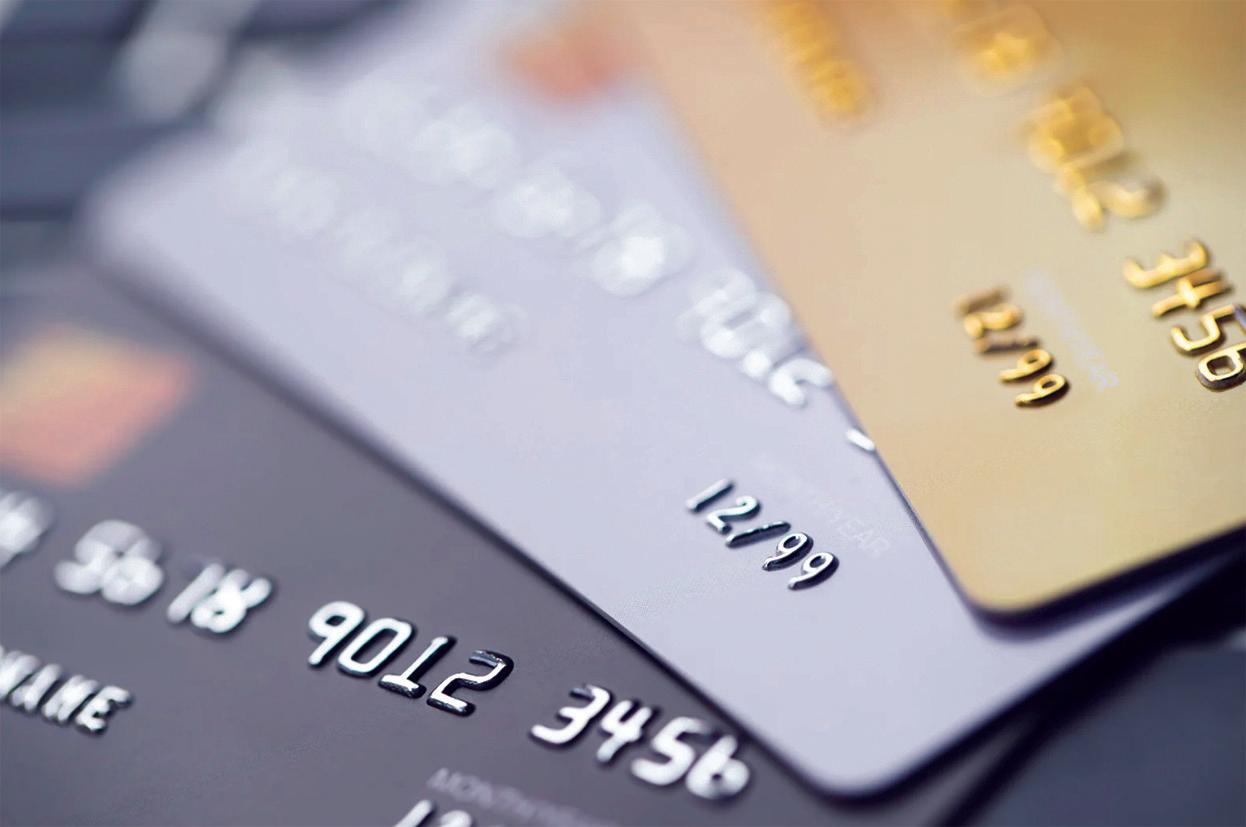
2 minute read
Stretch Your Money with Good Credit
Buying on credit allows you to purchase something now and pay for it with money you will earn later. It is often used to buy expensive products, such as major appliances. Having good credit is also necessary if you want to purchase a car or a home.
The types of credit most people use come in one of four forms: auto loans, personal loans, student loans, and credit cards.
Advertisement
Some perks of using credit include cash back on some cards, which can be up to 5% of what you spend, as well as roadside assistance, gift cards, airline miles, access to discounts, and more.
Understanding Credit
When you apply for credit, you are given a term, which is the amount of time you have to pay off the debt for that loan, often 60 months for a car and 20 to 30 years for a home.
A credit card must be paid off at the end of the month. If not, you will have to pay a minimum amount every month to avoid paying interest.
Interest is a percentage a lender (usually a bank) charges you to use the credit. It is usually set as an annual percentage rate (APR), determined by the financial institutions and the U.S. Treasury. Higher rates mean it costs you more to borrow money, because you must pay the amount you borrow plus that set percentage of the amount borrowed.
If you pay late—after the date set—you face penalties that are stated in your loan agreements. Most auto and home agreements also require the payment of the full interest even if you pay off the loan early.
Many credit cards have membership or annual fees, or both.
Understanding Credit Scores
Credit scores affect the ability to buy a home or car, and good credit means better interest rates for you. Creditors (money lenders) use these scores to get a picture of how you’ve handled credit or loans in the past. The score ranges from 300 to 850, with 850 being the best.

Credit bureaus look at your current in come and debts, your annual income, and how much you pay for rent or mortgage.
Next, they look at whether you have paid your debts on time in the past, wheth er you are making current regular pay ments, and if you have ever missed pay ments. Other factors include how much debt you have compared to your current credit limit, and how many lines of credit you have and how old they are.
Improve Your Credit Score
Check your credit store periodically to make sure there has been no identity fraud in your name. Equifax and TransUnion offer free reports once a year.
To improve your score, always pay your debts on time. Try to pay off your credit card the same month you make the purchase so that you don’t have to pay in- terest or make regular monthly payments.
You can set up automatic payments to avoid late fees, but be careful not to get charged overdraft fees because you don’t have enough funds in your account.
When you finish paying off a loan, there is a dip in your credit score, but it recovers quickly; wait a couple of months before applying for another loan.
To recover from bad or no credit, you can use a credit-building card, where you pay the money first and then use the card. Also, look for low- or 0-interest rate cards.










